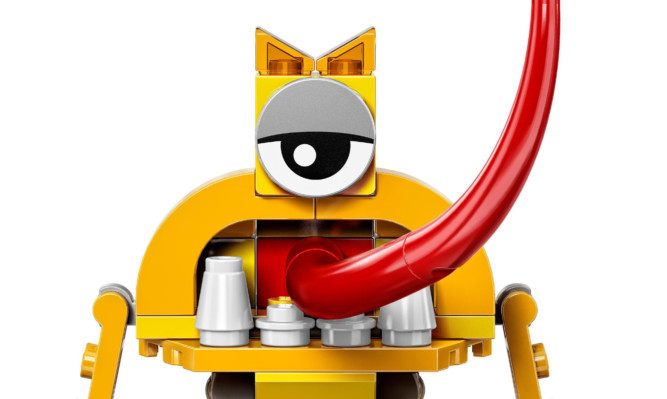Lego has apologised for unveiling a new toy it described as a “window-licker” after mental health charities objected to the “highly offensive term”.
The toy, called Turg, was described on Lego’s website as looking like “an experiment that’s gone very, very wrong”.
The description read: “Part frog, part chicken, part back-of-the-bus window-licker, this Mixel has the longest tongue of them all.”
Lego has since edited the page, but mental health charities said it was unacceptable that the company had used the term.
Lorraine Bellamy, a spokeswoman for the charity Mencap, said: “It is unacceptable that a toy company like Lego have used a term that offends people with a disability such as this, especially as the toy is aimed at children.
“I have a learning disability and I know that it makes me feel different. Hate crime and bullying are a daily reality for many disabled people and the use of language like this only makes it worse.
“I want Lego to apologise and to stop using this type of offensive language.”
Daniel Mazliah, head of campaigns and communications at disability charity Scope, said: “It’s pretty shocking that Lego has used this outdated and offensive word to market one of its toys.
“There is no doubt that many customers with disabled children will be appalled.
“Lego is a huge brand, loved by millions of young people who might think that this word is acceptable to use.
“We would ask Lego to remove this word from all marketing.”
Lego vice-president for the UK and Ireland, Fiona Wright, said: “Lego Mixels aim is to inspire creativity using quirky fictional characters to help children express their imaginations.
“We have very high expectations of our products. This also includes the text we use to describe them towards consumers. We are sorry that wording which could be considered offensive has been used, as this has not been our intention at all.
“As an immediate result of the input we have received, the product description for the Mixels character Turg has been changed on our website Lego.com.
“We have looked at our processes to make sure this does not happen again.”
